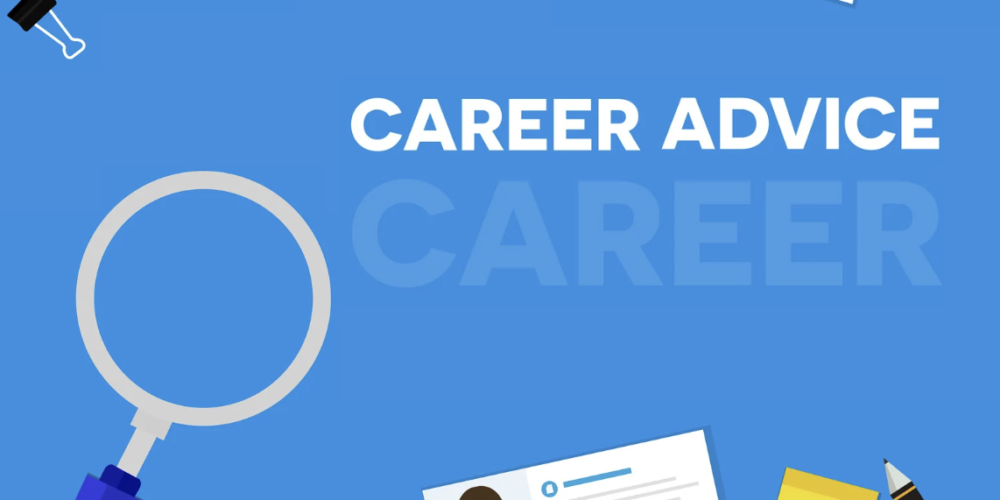5 things I wish I knew before looking for my first job
- 29/08/2023
- Debbie Mendoza
- Career Advice
Trying to establish a career can be quite exhausting. You feel you have so much stacked against you because all employers are looking for experience. You have no idea where to start looking, and you’re wondering how to acquire that all-important experience when no one wants to give you a job without it.
As you make mistakes, learn from them and grow, you come away from your first job with some insights that you wish you had known before you started looking for the first job. Here are some of my takeaways that I hope will resonate with you and help you to make the transition.
1. Soft skills are important
The best recruiters look at more than just education and experience. Certain soft skills, ability to work in a team and take correction are hard to teach, but they are very important in today’s businesses.
If you can demonstrate at an interview that you’re the perfect fit for the company culture and can contribute to the company’s purpose, you will be more likely to be given a shot. It’s hard to teach someone why a bad attitude can bring down a team and affect a whole company. Those who already appear responsible, ethical and have a positive attitude have far more chance of being employed than those who go into an interview with a know-it-all attitude and more interest in what the company can do for them than what they can contribute.
Online guides will be able to show you how to present your skills and experience (as little as it may be) in such a way as to get you in the door. Once you get your interview, it’s up to you to give the company reasons to want to hire you.
2. Be organised in your search
You’ll waste time, money and energy by sending as many resumes as far and wide as you can in the hope that you’ll receive some response from somewhere. Simply Googling for a job usually won’t do the trick either. There are much better ways to go about finding the right position.
You should have a research strategy. You can start off by defining factors such as location, sector, skill set, future goals, flexibility, and values. After this, you can make a list of places you’d like to work for. Follow and start exploring the social media of these companies. You should also sign-up for job alerts on job portals and sites that match your criteria.
One of the simplest and most effective ways to find a job is to keep up with the blogs of businesses you’d like to work for. You may be the first person to see job postings on the site, and when you apply, you can even mention what you read in one of the blogs, and you’ll be ahead of the game. You will understand more about the culture of the company after reading all those blogs and get a feel for what they want to see in a job candidate. You may also want to reach out to a few key players on Twitter and mention that you’re looking for a job.
Be open and honest about the fact that you’re searching for a job and would like some advice. Don’t try to become friends with the person and make up some fake reason for wanting to know him or her.
3. Keep learning during your search
You’ve learned a lot during your years of education but learning never stops. You’ll probably learn even more during your first few years of work. Even in that period when you’re waiting for a job, you shouldn’t stop learning. If you’re serious about having a career and getting meaning and purpose from it, you can always use online resources to learn more.
If you’re after more than just a paycheque or a title, having some affinity with a product or service is more important. You want to be in a job environment where learning is encouraged and you have a path toward your short-term career goals. If you’re passionate about what you’re doing, recognition and success will follow.
4. Things are going to go wrong
When you start your job search, the road may be quite a rocky one. Lost opportunities, rejections, mistakes and disappointments will no doubt be part of the experience. Few people step into that perfect job straight away.
No matter how much research you’ve done, you won’t arrive at your job and know exactly what’s going on either. It will take you a while to get up to speed. You may arrive at work late due to an unexpected accident or get sick. You can expect some setbacks as you venture into unknown territory. You may not even be sure of how to dress for an interview.
It’s worth checking out the company’s social media channels to see what others are wearing to work and what appears to be acceptable. It’s probably better to choose something a little more formal for your interview than to arrive in a t-shirt and shorts, even if it is a creative company.
5. Don’t compare
The comparison is the best way to start second-guessing yourself. Don’t compare yourself to your contemporaries or you won’t ever feel you’re making progress. It’s your journey, and you have to do what’s right for you. Do your career path your way and be proud of your accomplishments. You may feel that you have some valuable insights to offer, but you will often feel that you’re too inexperienced for anyone to listen to you.
A lack of confidence is often one of the biggest hurdles to overcome when you first start your career. Just remember that confidence should be balanced with modesty and humility. Show what you can do but also show you’re always ready to learn.





